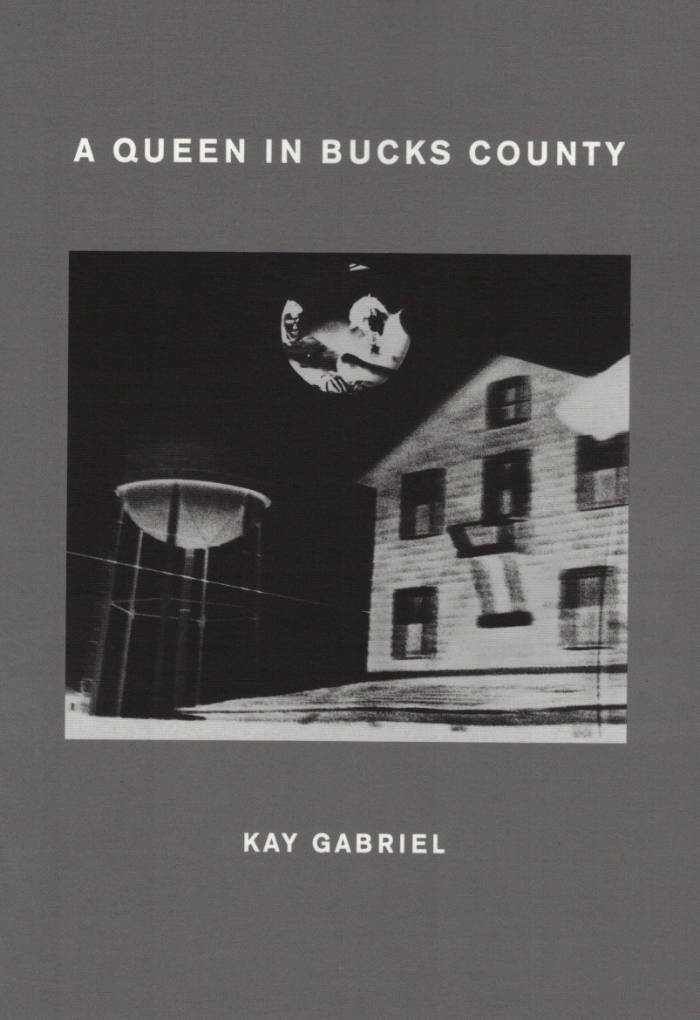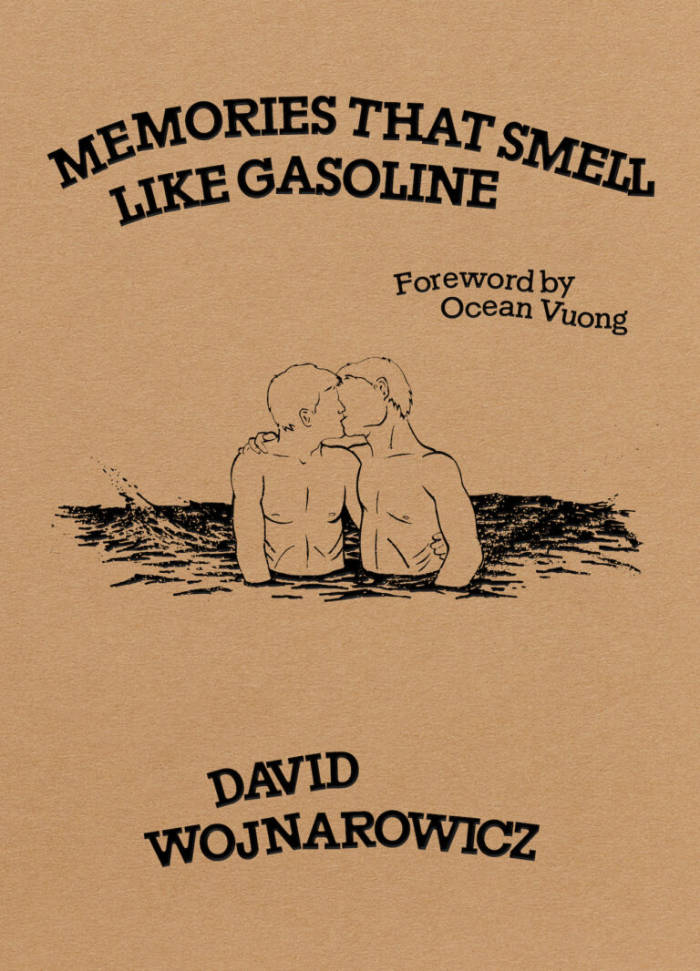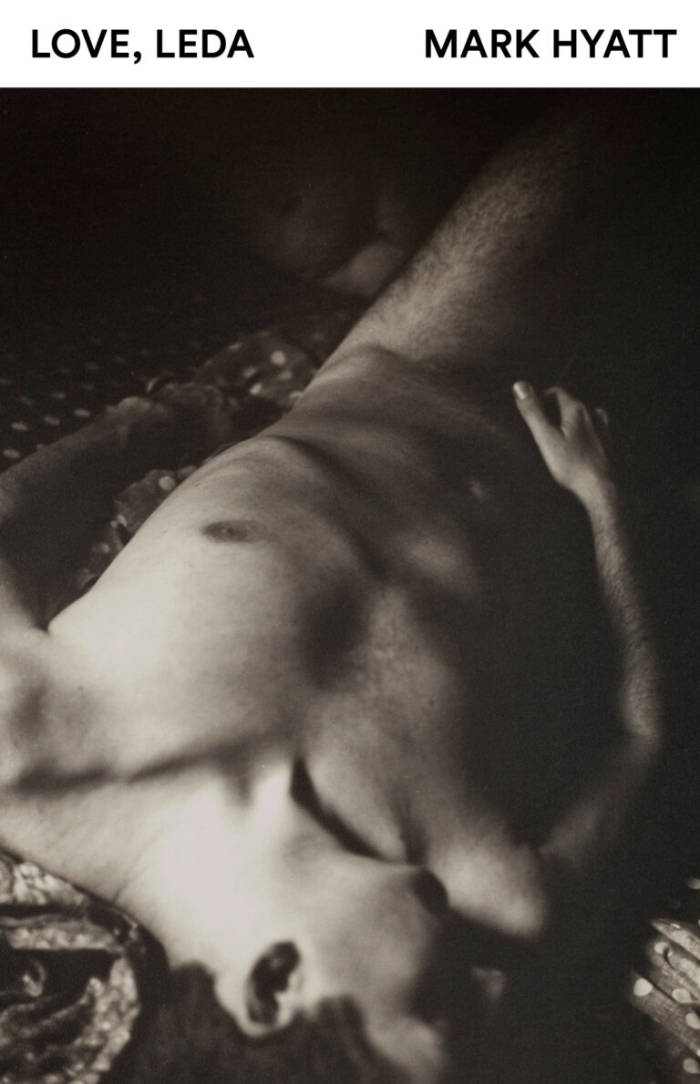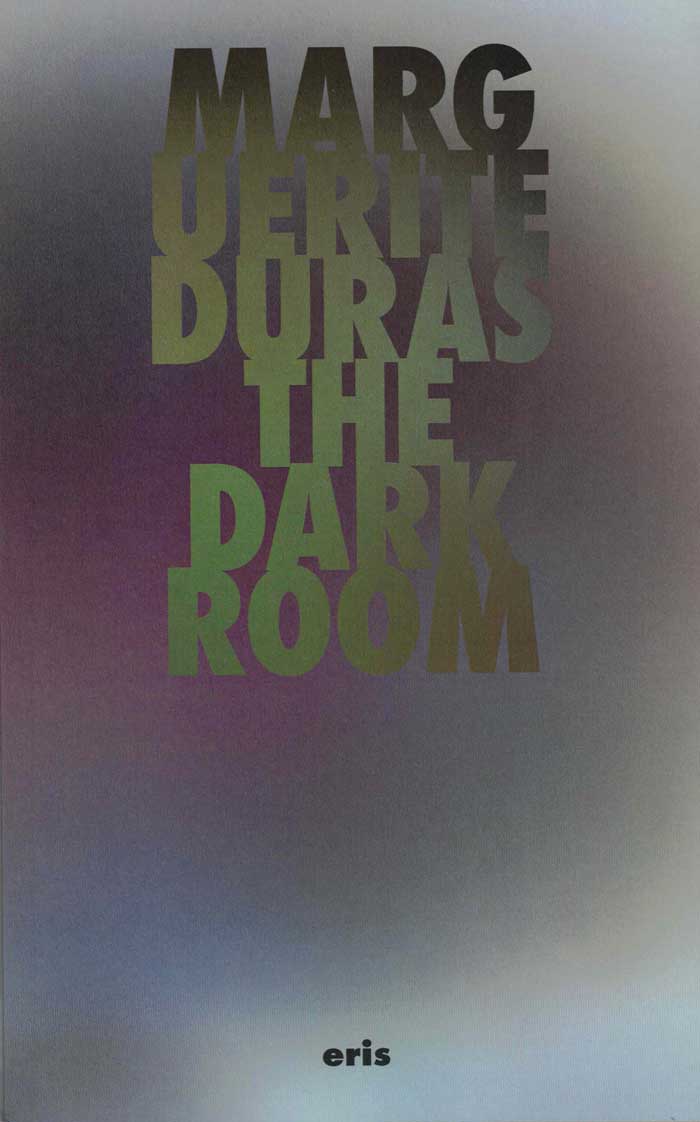
Hatred of Translation
Hatred of Translation thinks through translation with an emphasis on its disaggregation. These pieces address, sometimes obliquely, often with effrontery, the works of René Char, Hervé Guibert, Hilda Hilst, Danielle Collobert, Frankétienne, Mizoguchi Kenji, Ingeborg Bachmann, Kobayashi Masaki, and Marguerite Duras. Resolutely resistant to anything resembling a theory of a thing, these pieces provoke a persistent commitment to thinking in the place of theorizing. Where the French pensée means both of aphoristic thought and of the pansy, Hatred of Translation seeks a garden in the midst of body such as it is occupied by language.
Nathanaël is the author of more than a score of books written in English or in French, including Pasolini's Our (2018), Feder (2016); L'heure limicole (2016) and Sisyphus, Outdone. Theatres of the Catastrophal (2012). The French-language notebooks (2007-2010), gathered together in N'existe (2017), were recast in English as The Middle Notebookes (2015), which received the inaugural Publishing Triangle Award for Trans and Gender-Variant Literature. The 2009 essay of correspondence, Absence Where As (Claude Cahun and the Unopened Book) was first published in French as L'absence au lieu (2007). Nathanaël's work has been translated into Basque, Greek, Slovene, and Spanish (Mexico), with book-length publications in Bulgarian and Portuguese (Brazil). The recipient of the Prix Alain-Grandbois for ...s'arrête? Je (2008), Nathanaël has translated works by Catherine Mavrikakis, Frédérique Guétat-Liviani, and Hilda Hilst (the latter in collaboration with Rachel Gontijo Araújo). Nathanaël's translation of Murder by Danielle Collobert was a finalist for a Best Translated Book Award in 2014. Her translation of The Mausoleum of Lovers by Hervé Guibert was recognized by fellowships from the PEN American







